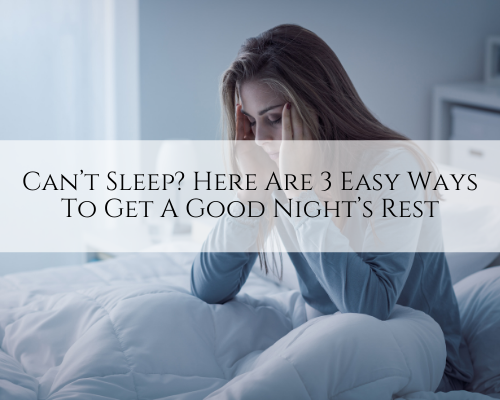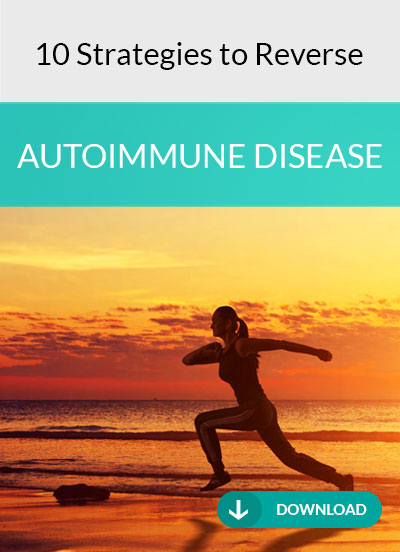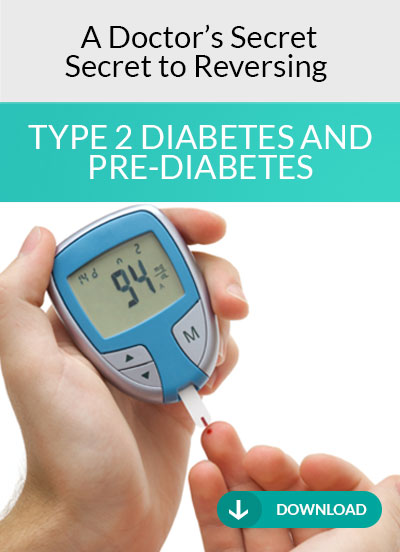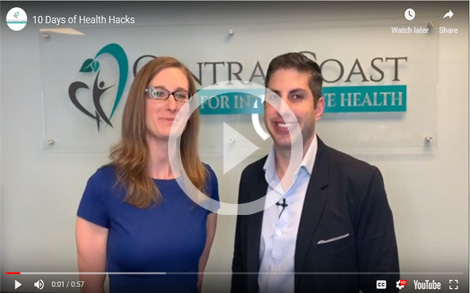Many of my patients wonder how to get more deep sleep. They’re exhausted because they can’t sleep at night or they don’t feel well rested when they wake up. This is a common problem among my patients with autoimmunity issues. If you’re not getting enough sleep, it’s going to affect your body’s ability to heal. A night short on shuteye will also impact your mood and reduce your ability to cope with life’s daily challenges. Your mental outlook will suffer. In addition, not getting enough sleep is linked to many chronic conditions such as autoimmune disease, heart disease, diabetes, depression, and stroke. Insomnia is even linked to weight gain.
The solution to get more sleep? It’s not complicated. In fact, little changes are life-altering for many of my patients. Keep reading for three easy steps you can take to get a refreshing night’s sleep. If you already have these three steps mastered and you want to learn more steps to sleep like a baby, check out our blog, “How To Passively Heal with Sleep: Balance Your Hormones and Boost Your Immune System.”
Can’t Sleep? Blame Stimulants
The first step in getting a good night’s sleep: avoid factors that keep you stimulated. It takes some people up to 10 hours to completely clear caffeine from their systems. For this reason, it’s best not to drink coffee after noon, or avoid it altogether. Another stimulant is television, especially adrenaline producting action adventure movies or shows (or sometimes even the news!), which can start your heart racing. Even exercising too late in the day is a stimulant for some people.
Then there’s blue light. This type of light blocks production of the sleep hormone melatonin. You’re exposed to blue light when you look at your electronic devices such as computers, tablets, and cell phones. Shut these devices down at least an hour before bedtime. You can also turn on your computer’s blue light filter, which reduces the amount of blue light it produces at night. Cell phones and tablets also have this feature.
In fact, exposure to any type of light at night can cause your melatonin levels to tank. That’s why you’re going to want to:
- Install black out curtains in the bedroom or make sure the neighbor’s outdoor lights aren’t seeping in through the blinds.
- Keep a minimal amount of electronic devices in the bedroom. At night, cover up any devices that emit light at night.
- Consider wearing an eye mask to block out any light sources.
- If you work the nightshift, consider taking a melatonin supplement to replenish levels lost to light exposure on the job.
Eating At Night—Why It Might Be Good For You
It’s a myth that eating late at night is bad for everyone. Some of my patients find that eating before bed can actually make them sleep better. This week a patient thanked me for recommending she eat a snack before bed. It changed her life. Now she is sleeping through the night for the first time in years.
Having good blood sugar balance during the day and night is critical for a good night’s sleep. At our practice, we focus on blood sugar imbalances as an underlying cause of autoimmune conditions. It’s especially important for sleep. Drops and spikes in blood sugar can trigger a stress response in your body, releasing cortisol. Cortisol is a critical part of the sleep-wake cycle, and having spikes of cortisol at the wrong times can turn your healthy sleep upside down. A cortisol spike at nighttime can cause you to wake up very alert. You might even feel like you’re in “fight or flight” mode. It also suppresses melatonin, the sleep hormone. Problems with blood sugar can make it hard to fall back to sleep when waking in the middle of the night.
We work with patients to keep blood sugar levels steady. That means eating meals regularly throughout the day and avoiding sugary and starchy foods. Try not to skip meals or go too long between meals.
A portion of protein, fat, and/or resistant starch can help keep your blood sugar stable overnight. Plantain chips are a good snack before bed if you feel hungry because they are a resistant starch that many people like and tolerate. Resistant starch doesn’t overload the body with a bunch of sugar at one time, like other starches or simple carbohydrates can do. It slowly releases glucose so that the body can have a source of fuel overnight. Resistant starch can optimize glucose and insulin metabolism in as little as four weeks. By balancing levels of blood sugar at nighttime, you will prevent a cortisol spike and keep dreaming peacefully.
Eating at night is good for some people because research shows that some foods are high in compounds that promote deeper sleep. For example, pistachios have high levels of melatonin. Yogurt contains calcium, while eggs have tryptophan.
Here are some healthy late-night snacks. Of course, avoid these foods if you have intolerances or sensitivities to any of them:
- Animal protein- chicken, turkey or fish
- Chia see pudding
- Eggs
- Pistachios
- Plantain chips
- Pumpkin seeds
- Roasted chickpeas
- Tart cherries
- Yogurt
Whether or not you should eat at night depends upon each individual patient. Some people should not eat at night. For example, patients with gastroesophageal reflux disease (GERD) may find that eating at night causes more heartburn. I also find that sometimes other gastrointestinal patients should also avoid eating at night to give their gut a break from digesting and give it a chance to heal. What’s more, some people do better eating before bed and others do better having a snack when they wake up in the middle of the night, which replenishes their blood sugar to bring it back up so their cortisol doesn’t spike and keep them awake.
Keep a Consistent Routine
You need to train your body to get a good night’s sleep. The best way to do this is to go to bed at the same time and wake up at the same time every day. We are creatures of habit and if you create consistent routines for your body, it will adapt to those routines.
I can also order testing that will determine your nighttime cortisol levels and your cortisol awakening response. If your levels of this stress hormone are too high at bedtime, it can cause insomnia. If your levels are too low in the morning—what’s known as your cortisol awakening response—this can leave you feeling exhausted even after a good night’s sleep. The cortisol awakening response is the characteristic peak in cortisol that get us up and out of bed and ready for a new day. We can figure out when you have your cortisol awakening response, which can help match up your daily routines to your body’s circadian rhythm.
Keeping a consistent routine goes for exercise and eating, too.
Better Sleep for Better Health
Functional medicine providers like myself can help you identify the root cause of your sleep problems. At Caplan Health Institute we love helping patients get more sleep. Schedule a complimentary virtual appointment with us today. We can help you feel more rested and refreshed and ready to tackle the challenges of the day.
Board Certified in Integrative Medicine
Certified Functional Medicine Practitioner
Institute for Functional Medicine Certified Practitioner






